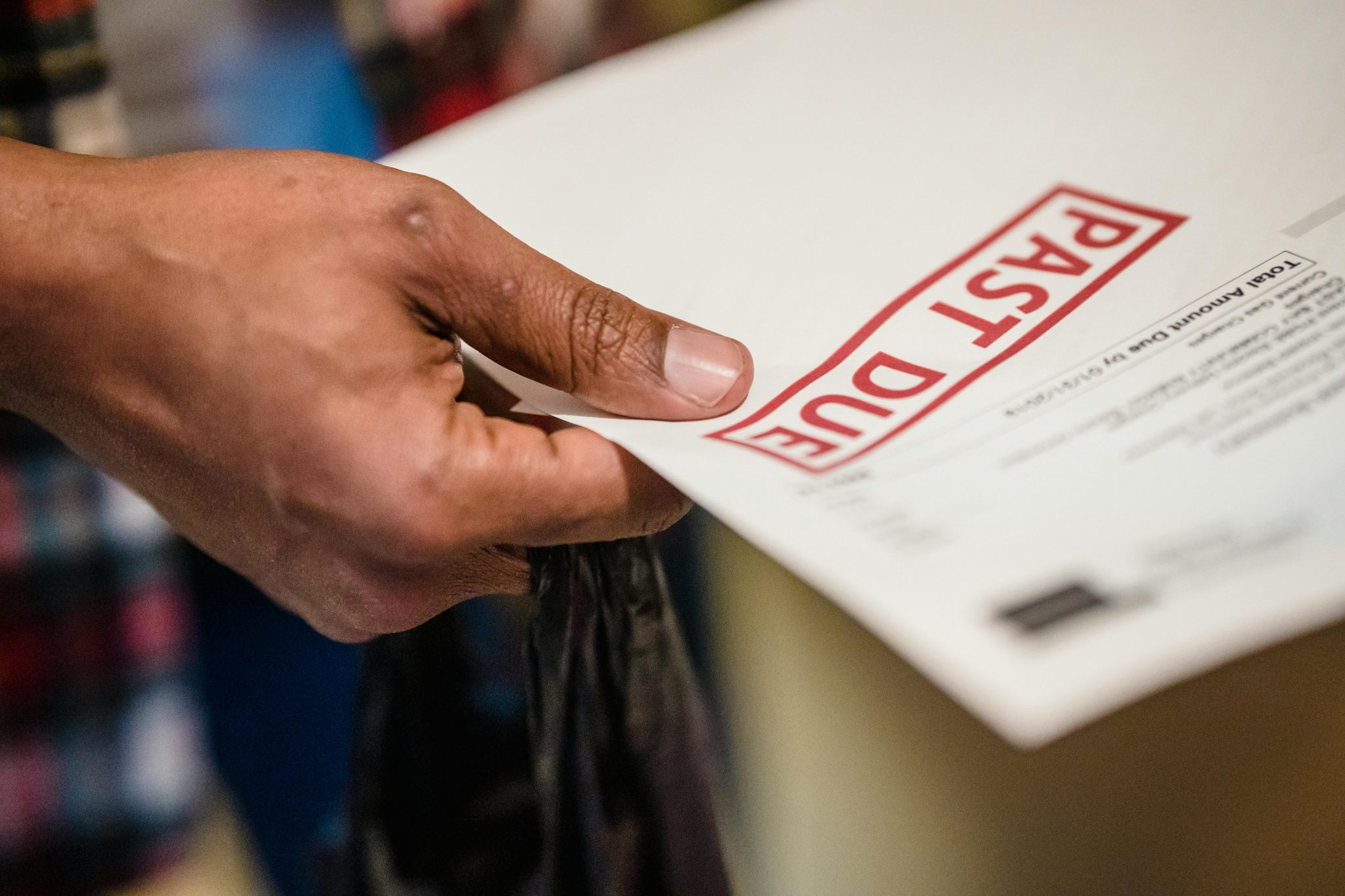Personal Finance Habits for Stress-Free Living
In today’s fast-paced world, stress is an inevitable part of our lives. From work demands to financial responsibilities, it’s easy to feel overwhelmed and constantly worried about the future. However, by developing good personal finance habits, you can reduce financial stress and achieve a more stress-free way of living. In this article, we’ll discuss the top personal finance habits that can lead to a less stressful life.
Creating a Budget and Sticking to It
The first and most important step in achieving financial stability and reducing stress is creating a budget. A budget is a plan for your monthly income and expenses, and it helps you stay on track with your financial goals. To create a budget, start by listing your monthly income and then allocate it to different categories such as rent, groceries, transportation, savings, and other expenses. Once you have a budget in place, it’s essential to stick to it and make adjustments when necessary. This will prevent overspending and help you save for unexpected expenses.
Start Saving Early
One of the key habits of financially responsible individuals is starting to save early. Whether it’s for an emergency fund or retirement, saving money can significantly reduce your financial stress. The earlier you start saving, the more time your money has to grow. Even setting aside a small amount each month can add up over time and provide a safety net for future financial needs.
Eliminate Unnecessary Expenses
In today’s consumer-driven society, it’s easy to fall into the trap of overspending on things we don’t need. To achieve a stress-free financial life, it’s crucial to eliminate unnecessary expenses. This means cutting back on luxuries and focusing on essential expenses. For example, instead of eating out every week, try cooking meals at home. Or instead of buying new clothes, consider thrifting or purchasing items on sale. By reducing unnecessary expenses, you can save money and have more financial stability.
Set Financial Goals
Having a clear vision of your financial goals and actively working towards them can significantly reduce financial stress. Set achievable short-term and long-term goals, such as paying off debt, saving for a down payment, or starting a retirement fund. By having specific goals in mind, you’ll be more motivated to stick to your budget and make financially responsible decisions.
Regularly Review Your Finances
It’s crucial to regularly review your finances to ensure you’re on track with your budget and financial goals. Set aside time each month to go over your expenses and income, and make necessary adjustments. This will help you stay organized and avoid any surprises or setbacks.
Avoid Excessive Debt
Debt can be a significant source of stress for many individuals. To achieve a stress-free financial life, it’s best to avoid excessive debt. Only take out loans or credit when necessary and try to pay them off as soon as possible. Avoid using credit cards for everyday purchases and only use them for emergencies or if you can pay off the balance in full each month.
Invest in Yourself
Lastly, investing in yourself can lead to a happier and more stress-free life in the long run. This could mean investing in education and personal development, such as taking courses or attending workshops. These investments can lead to better job opportunities and increased earning potential, allowing for more financial stability in the future.
Final Thoughts
Incorporating these personal finance habits into your daily life may take time and effort, but the long-term benefits are worth it. By creating a budget, saving, eliminating unnecessary expenses, setting goals, regularly reviewing your finances, avoiding debt, and investing in yourself, you can achieve a stress-free way of living. Remember to be patient and consistent, and over time, you’ll see a positive impact on your financial well-being.









